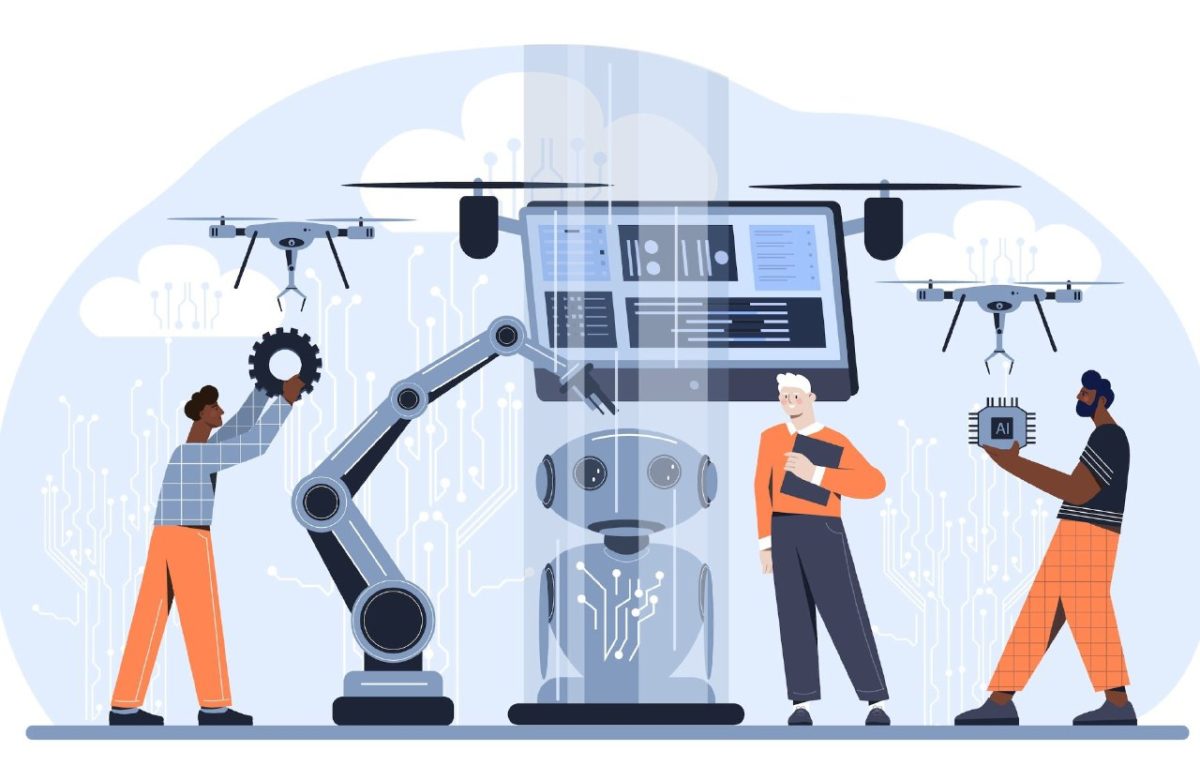10 Jobs AI Will Automate: Discover Microsoft’s Insights!
Here Are the 10 Jobs AI Is Most Likely to Automate, According to a Microsoft Study
As technology evolves, new possibilities emerge that reshape the workforce landscape. A recent study by Microsoft analyzed over 200,000 conversations with its Copilot chatbot to identify jobs that are most susceptible to automation through generative AI. This article will explore the implications of this shift, focusing on potential benefits, return on investments (ROI), and actionable steps businesses can take to adapt.
The Most Affected Jobs
The Microsoft study highlights ten professions that are likely to see a significant impact from AI automation:
- Data Entry Clerks
- Market Research Analysts
- Technical Writers
- Designers
- Legal Assistants
- Customer Service Representatives
- Human Resources Assistants
- Sales Representatives
- Financial Analysts
- Copywriters
Future Possibilities
With the potential automation of these roles, businesses may need to rethink their strategies and workflows to harness AI’s capabilities effectively. Here are several hypothetical scenarios illustrating the possibilities:
- Data Entry Revolution: Imagine a company where data entry is entirely managed by AI. Accuracy and speed would be significantly enhanced, allowing human workers to focus on more strategic tasks.
- Enhanced Customer Interactions: AI-powered chatbots could handle routine inquiries, leading customer service teams to tackle more complex customer issues efficiently.
- Creative Collaboration: Designers and copywriters could use AI tools to generate initial drafts or design concepts, sparking creativity and reducing time spent on repetitive tasks.
- Real-time Analysis: Financial analysts could employ AI to process vast amounts of data in real-time, providing deeper insights and enabling quicker decision-making.
Benefits to Businesses
Integrating AI into the workplace can yield numerous benefits:
- Increased Efficiency: Automation can significantly reduce the time taken on mundane tasks.
- Cost Savings: By minimizing manual labor, businesses can lower operational costs.
- Enhanced Accuracy: AI reduces human error, leading to more reliable outputs.
- Improved Employee Satisfaction: Employees can focus on fulfilling and challenging tasks, leading to higher job satisfaction.
Average Benefits’ ROI
Implementing AI technologies can lead to a substantial ROI. Here are examples:
- A company automating data entry processes could save approximately 20% of its labor costs, translating to an ROI of 150% within the first year of implementation.
- Customer service departments that employ AI chatbots see a reduction in response times of up to 90%, resulting in increased customer satisfaction and retention rates, which can boost revenue by 10-15%.
Actions for Implementation
To effectively integrate AI and realize these benefits, businesses should consider the following steps:
- Assess Needs: Identify tasks within the organization that can be automated.
- Select the Right Tools: Choose AI solutions that best fit the company’s specific needs.
- Train Employees: Equip the workforce with the skills necessary to work alongside AI technologies.
- Monitor Performance: Continuously evaluate the effectiveness of AI implementations and make adjustments as needed.
Conclusion
In summary, as generative AI continues to evolve, the potential for job automation will challenge businesses to adapt and innovate. By understanding the most affected careers, embracing the benefits of automation, calculating the ROI, and taking proactive steps toward implementation, organizations can position themselves for success in a rapidly changing environment. To explore how your business can leverage AI, schedule a consultation with our team today!


